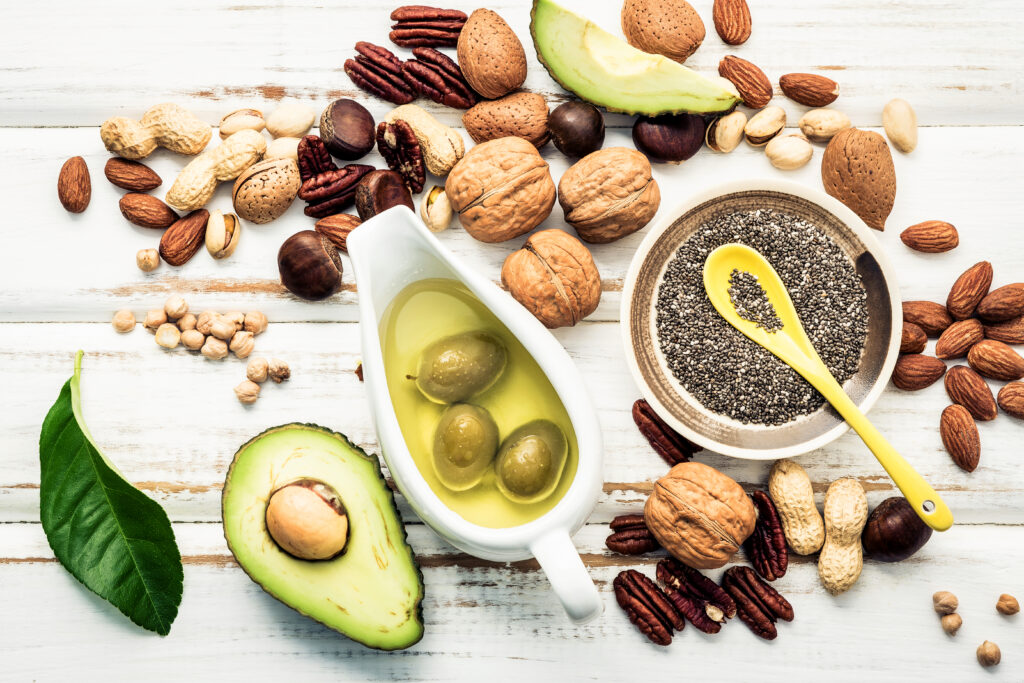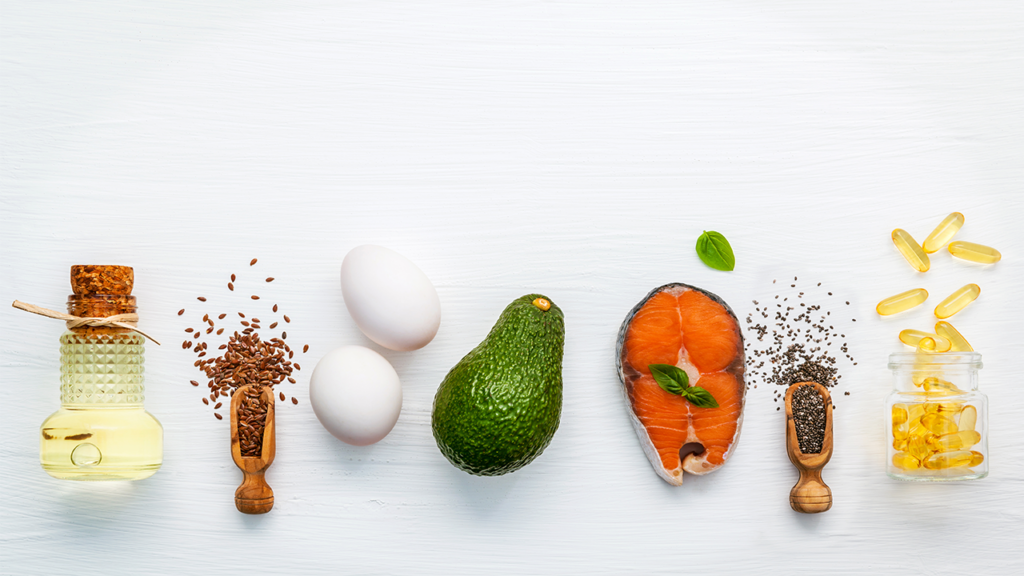Learn more
- All
- Brain
- Children and Parents
- Cod Liver Oil
- Healthy Aging
- Healthy Bones
- History
- Immune System
- Omega 3
- Vitamins and Minerals
All
- All
- Brain
- Children and Parents
- Cod Liver Oil
- Healthy Aging
- Healthy Bones
- History
- Immune System
- Omega 3
- Vitamins and Minerals
Exercising after childbirth
exercising after c-section exercising after childbirth pelvic floor exercises
CLO is best for vitamin D needs in infancy and beyond
cod liver oil and vitamin D
Antioxidant vitamins E and C – immune system boosters
immune system boosters
Alleviate and prevent joint pain
prevent joint pain
Preventing pelvic girdle pain in pregnancy
pelvic girdle pain pgp
Stay healthy with a strong immune system
immune system
Preventing malnutrition in old age
Malnutrition old age
Not all omega-3 sources are the same
omega 3 sources
Cod liver oil and your immune system
cod liver oil immune system
Why take vitamin D supplements in summer?
vitamin d supplements
Why omega-3 is good for breastfeeding mums and babies
omega-3 and breastfeeding
What are important vitamins in pregnancy?
vitamins in pregnancy
Vitamin E – the cell’s best friend
vitamin e
Vitamin D – one of the great benefits of cod liver oil
benefits of cod liver oil
Vitamin D for your baby’s development
baby development
Skin care for mature skin from the inside and out
mature skin skin care
Pregnant? Then omega-3 is even more important
omega 3 in pregnancy
Pregnant and unsure about supplements?
supplements and pregnancy
Omega-3 in Norway – a long tradition
omega 3 norway
Omega-3 and vitamin D – two vital nutrients
omega 3 and vitamin D
Nutrients to help you make the most of your exercise routine
nutrients exercise nutrients workout
Movement is the key to a longer life
aging aging process anti-aging
Low on vitamins? Your body will tell you
what vitamins should I take
Keeping children’s immune systems healthy
children’s immune system
Keep your healthy skin with the right nutrition
healthy skin
Five facts about brain development
brain development
Fish, omega-3 and other foods in pregnancy – myths and facts
fish pregnant pregnancy omega 3
Different types of Möller’s omega-3 products
möller’s omega 3 products
Cod liver oil, fish oil, omega-3 – what’s the difference?
is omega 3 fish oil
Cod liver oil – good for the whole family’s immune system
cod liver oil good for
Body changes in later life call for changes in your diet
good health health tips healthy foods
Six tips for giving baby cod liver oil
baby cod liver oil
How to improve your memory
improve memory

































